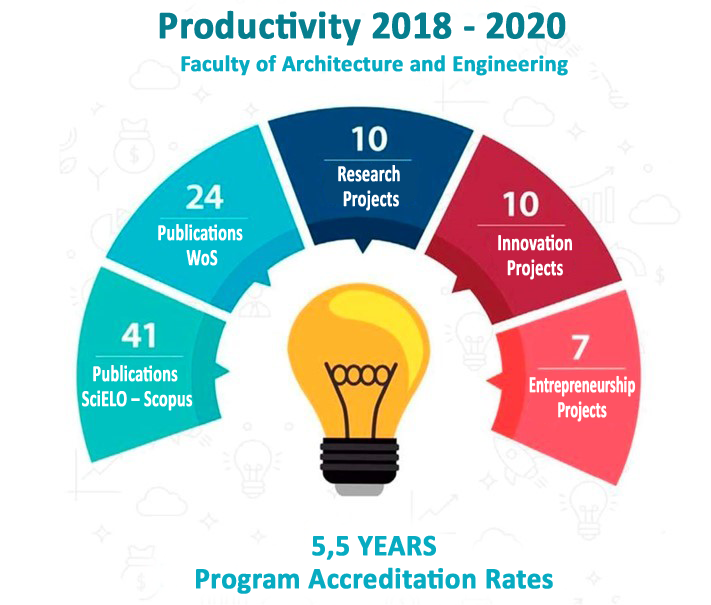UNAP working in territories and with their people
To educate future professionals in the Architecture and Engineering area is a challenging task, especially when analyzing the urgent necessity to respond in this process that involves not only the institutional mission, but also the local, regional and national politics in terms of develop. When educating our students, we must also incorporate research and community outreach initiatives, always focusing on being a contribution to the territories and the people who takes part in it, thus agreeing our vision with a shared future project and framed in the necessities that our current reality requires.
Our Faculty arises in 2012 and it’s conformed by 7 undergraduate’s programs, 2 programs for studies continuity and an academic body of more than 50 professionals, of which 25% are recognized PhD’s in their areas. Since the beginning, our faculty has been linked with/to the territory and close to its necessities, developing important initiatives in the areas of Environmental Education and Environmental Technologies, besides the Computer and Informatics area, being part of the INFONOR Network (platform for research and technology transfer, as the engine for innovation and entrepreneurship) and also part of the Regional Board that works in the Artificial Intelligence National Politics.
UNAP’s Faculty of Architecture and Engineering develops a labor linked to regional initiatives and it is here where the community outreach with the territories enables alliances with renewed business in the Region of Tarapacá. Additionally, our faculty has addressed the heritage perspective. An example of this is the work that started in the Mineralogy Museum; in this manner, we must address the role that plays, nowadays, an interdisciplinary group of Architecture and Civil Mining Engineering academics, as members of an interesting project to hoist the Huantajaya Museum along with Alto Hospicio city council.
In this same field, the Architecture program has carried heritage studies under the “Camino del Inca” initiative, plus uncountable other studies with the communities. All of these has resulted in a big contribution in the student’s educational process.
We have been progressively learning. The educational curriculum has been permeated to deliver a vision related to the territory’s necessities; as a result of that we have awarded the FIA UNAP Nueva Ingeniería 2030 project, initiative sponsored by Corfo (A Chilean economic development agency) and the support of the Regional Government, which will allow us to renovate our education and become effective actors in the changes that our region and territory must undertake.

Mission
The mission of the Faculty of Architecture an Engineering is to contribute to both our region and country’s development throughout the transfer and generation of knowledge, orientated to manage in a well-rounded manner the productivity process and the architectonic and urban design, starting with:
- Continuous professional and well-rounded education with quality academic programs, responding to ethical and innovational criteria within the regulation frameworks that points to sustainable development and the current and future life quality standards of people.
- Implementing and generating knowledge throughout Research and innovation within our areas of competence, mainly acting towards the future.
- Actively strengthen the link between the community, public and private institutions, in order to comprehend and respond to the difficulties that affects them, outlining possible well-rounded and innovating solutions with wide benefits.
Vision
University Arturo Prat’s Faculty of Architecture and Engineering aspires to be recognized as a creative and innovating faculty in engineering sciences, architecture and environment. To be an agent of change and develop in the northern macro area of Chile and its cross-border reality, educating well-rounded professionals and developing researches in the areas that society requires. Engaging with the challenges that the community, institutions, humans, space and territory faces, being consistent with the employment demand and framing our faculty in the context of respect, social responsibility and sustainable development in the region and life quality for the people.


